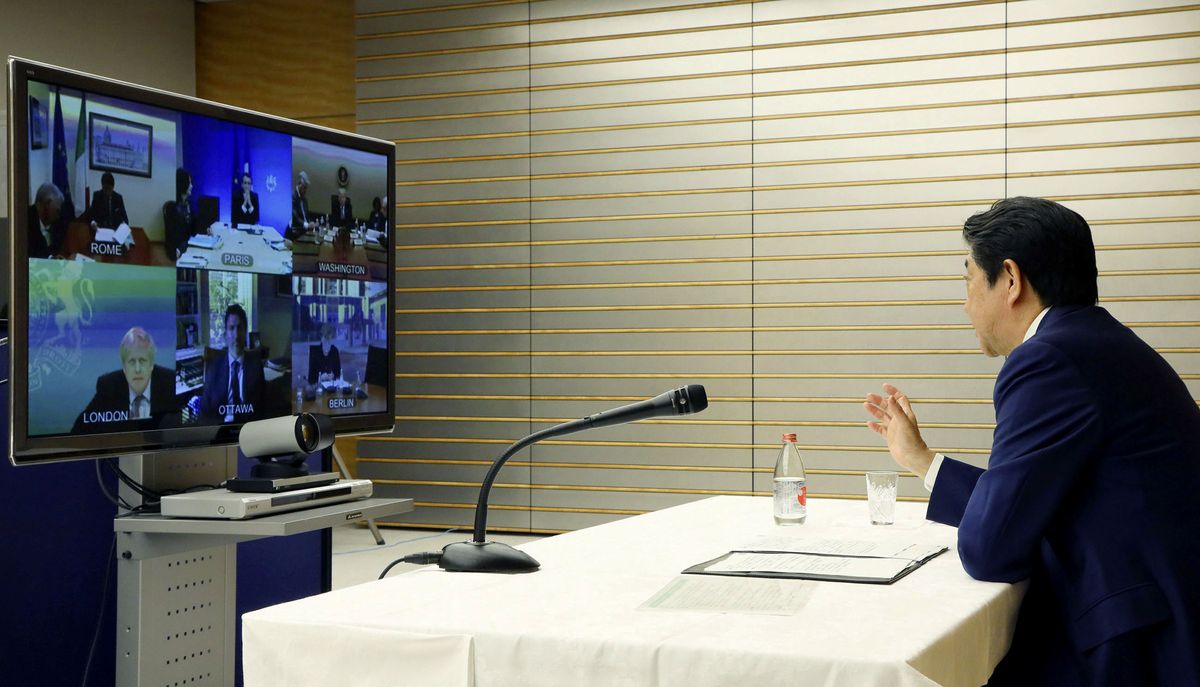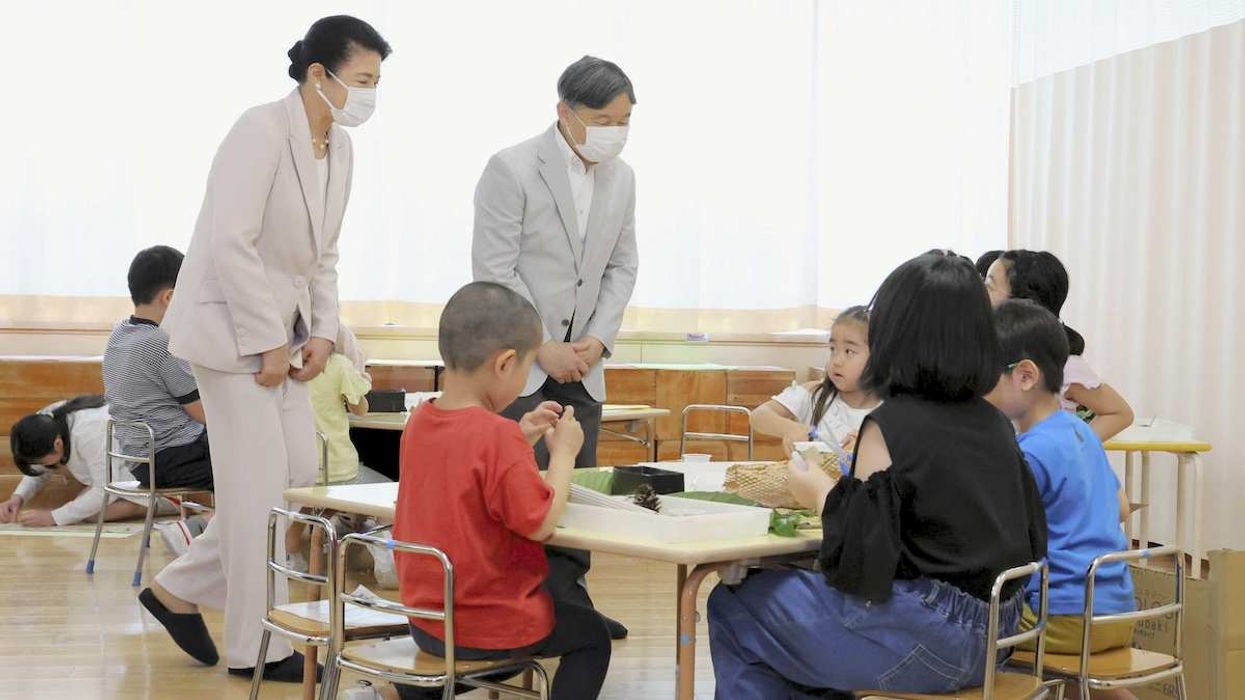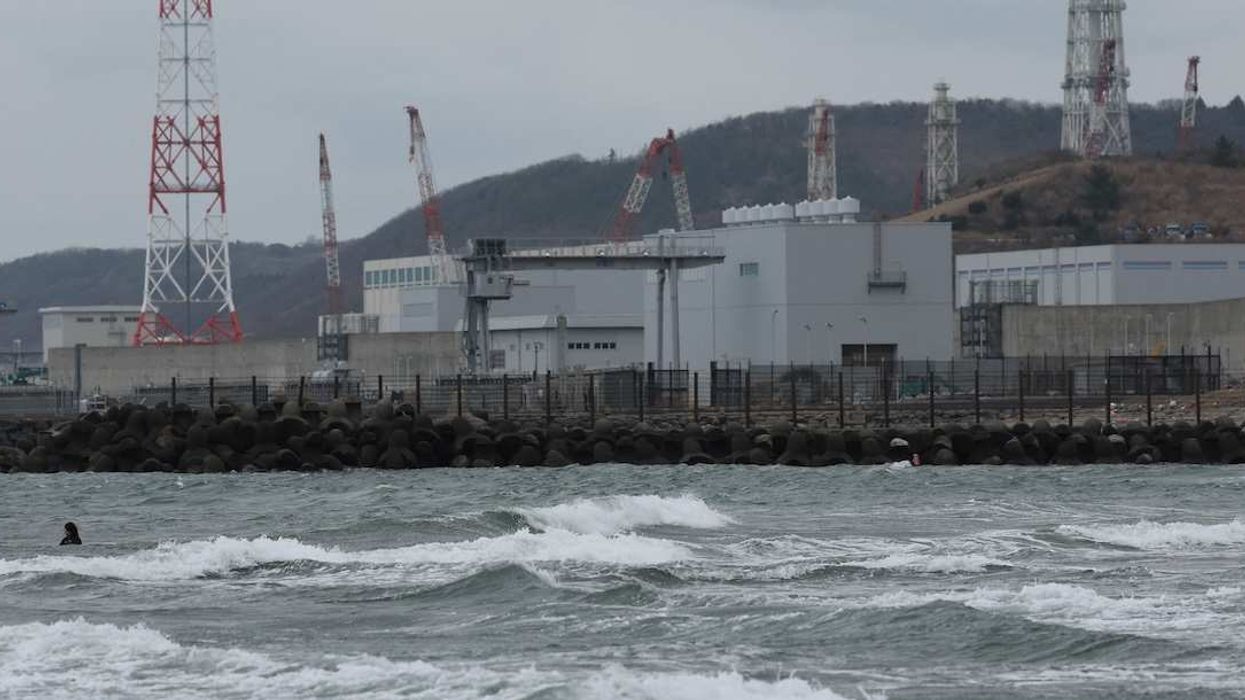What's in a name? Nothing on dealing with coronavirus: The foreign ministers of the G7 group of the world's leading industrialized democracies failed this week to issue a joint statement on fighting the coronavirus pandemic. Why? Evidently because US Secretary of State Mike Pompeo insisted on calling the virus the "Wuhan Virus" rather than the internationally recognized "COVID-19" or "coronavirus." The White House, which has been particularly at odds with Beijing over coronavirus, is keen to link the outbreak explicitly to China, where it was first detected, and to fight what Pompeo described as Chinese "disinformation." The virus, for its part, doesn't care what you call it, but it's happy to see seven of the world's leading powers not doing much leading at all.
Fears for Rohingya refugees: The town of Cox's Bazar, in south-eastern Bangladesh, abuts the world's largest refugee camp, home to almost 1 million Rohingya Muslims who fled persecution in neighboring Myanmar in 2017. Now, a resident of Cox's Bazar has tested positive for COVID-19, sending aid workers into a frenzy as they prepare for what they say is the "inevitable" spread of the virus amongst one of the most vulnerable populations in the world. Many believe the coronavirus is already sweeping the refugee camp, but in the absence of testing it's impossible to be certain. Many in the camps don't have access to running water and only around 67 percent of people have access to soap, making it all but impossible to slow the spread of the disease through constant hand-washing. Bangladesh, one of the most densely populated countries in the world, is also nearing monsoon season, which regularly brings its own host of challenges to the camps, including regular spikes in infectious disease.
A Scandinavian gamble: "We cannot take draconian measures that have a limited impact on the epidemic but knock out the functions of society." That wasn't President Trump, or Jair Bolsonaro, or Putin, or any of the other world leaders who've been criticized for underestimating the threat of the coronavirus. It was the head of public health in Sweden. Although the country's vast social benefits system is in theory better positioned to cushion the economic blow of a massive lockdown, the government has taken a lighter approach: universities are closed and gatherings of more than 500 people are banned, but schools remain open, there are no explicit work from home orders, ski resorts are still humming, and you can get served in restaurants (but not at the bar). The government is confident that the country's health system is capable of absorbing a surge in cases if they come, but critics say the policy making has been too opaque and is a huge gamble. Fingers crossed that it's a winning one.


















